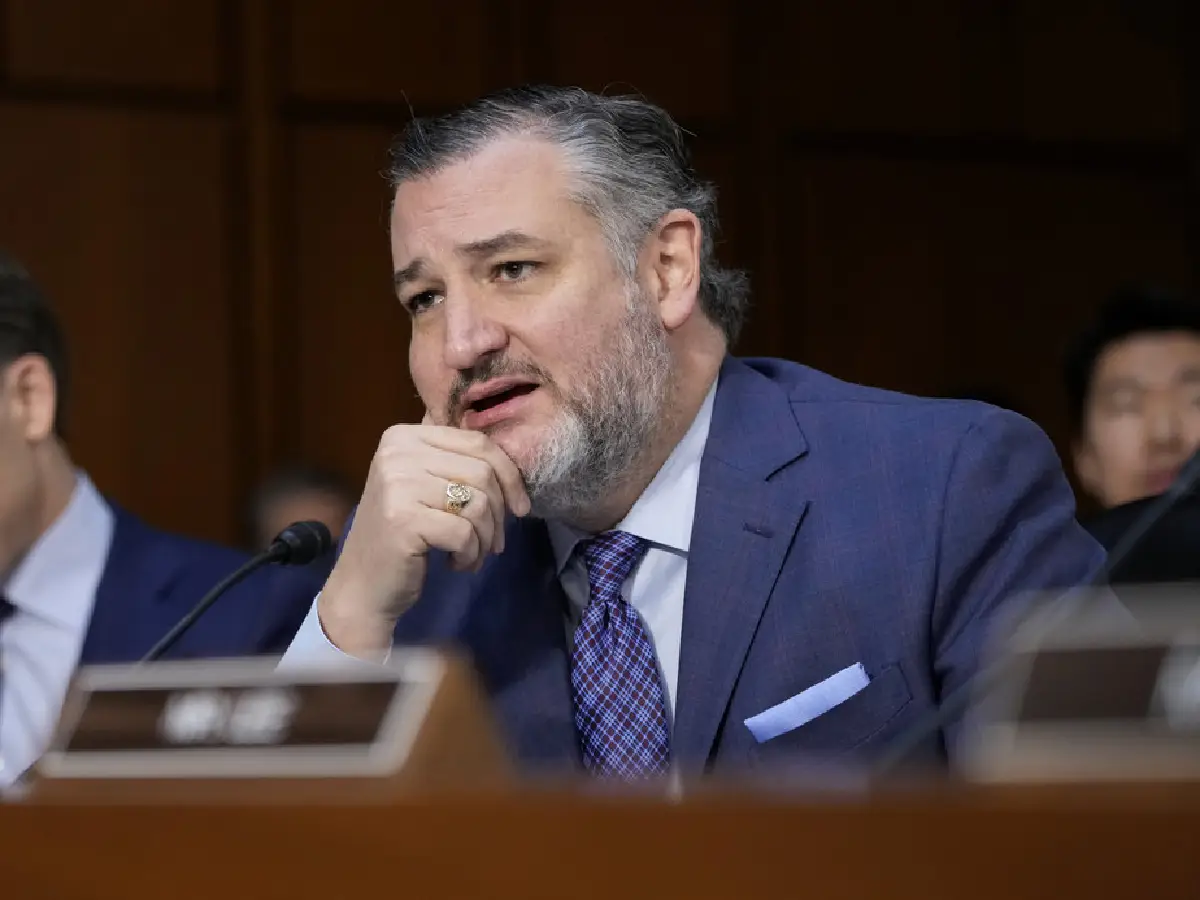Amidst ongoing discussions surrounding current trade policies, a notable ally of the president issued a stark warning, highlighting potential adverse effects on American businesses and consumers due to the existing trade barriers. Despite the concern expressed by this ally and various economic sectors, there has been no significant move by the administration to alter the course of these trade policies.
The United States has long been a proponent of global trade, recognizing the benefits it brings in terms of economic growth, innovation, and competitiveness. However, recent shifts towards protectionism have raised substantial debates regarding the implications for the domestic economy. The imposition of trade barriers, including tariffs and quotas, initially intended to protect American industries and jobs, can also lead to increased costs for manufacturers and consumers, create market uncertainties, and disrupt supply chains.
The economic rationale behind the warning from the president’s ally is grounded in basic trade economics. Tariffs, for example, while beneficial to specific sectors in the short term, generally result in price increases for consumers and higher costs for businesses that rely on imported goods. For a country that thrives on complex global supply chains, like the United States, the repercussions can extend throughout the economy, potentially leading to job losses in sectors reliant on global markets and imported components.
This perspective is supported by economic analysts who argue that while protectionist measures may yield immediate benefits for certain industries, the broader ramifications can offset these gains. Small and medium-sized enterprises (SMEs), which form the backbone of the American economy, are particularly vulnerable. These businesses often cannot absorb increased costs as easily as larger corporations, potentially leading to business closures or layoffs.
Furthermore, trade barriers can provoke retaliation from trading partners, leading to a tit-for-tat escalation that benefits no one in the long run. Such trade wars lead to a decrease in global trade volumes, which can severely impact the global economy, including major American corporations that are market leaders across various sectors.
Despite these warnings, the administration’s hesitation to revise its trade policies may stem from various political and economic considerations. On the one hand, maintaining tough trade barriers aligns with a narrative of economic nationalism that resonates with certain voter bases. On the other hand, any sudden policy reversals could introduce new uncertainties, potentially unsettling markets and affecting the president’s political standing.
To address these complex challenges, experts suggest a multi-faceted approach. Engaging in diplomatic negotiations to address specific trade imbalances, working cooperatively with allies to promote fair global trade practices, and supporting domestic industries through innovation and investment can create a more sustainable economic environment. Furthermore, developing targeted support programs for industries and communities most affected by trade shifts could help mitigate the adverse effects of trade barriers.
As the debate continues, it remains crucial for policymakers to consider not only the economic implications but also the broader geopolitical landscape. Balancing protection of domestic industries with the need to remain competitive in a globalized world requires nuanced and dynamic strategies. It is imperative that decisions are informed by comprehensive analysis and dialogue with all stakeholders involved to ensure that short-term gains do not lead to long-term detriments for the American economy and its global standing.










